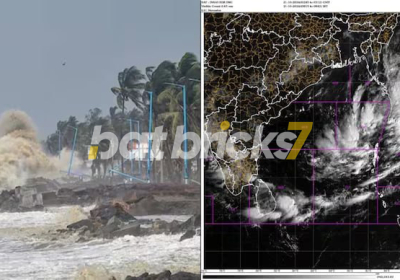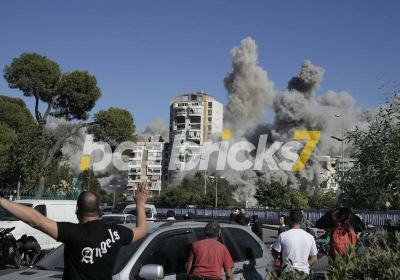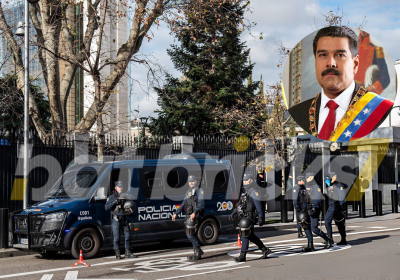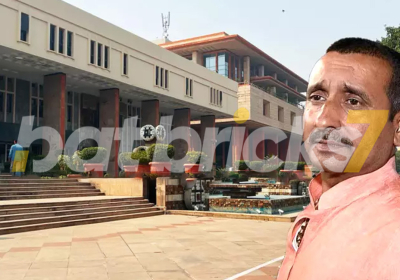Thailand and Cambodia Reach Ceasefire Deal After Intense Border Violence
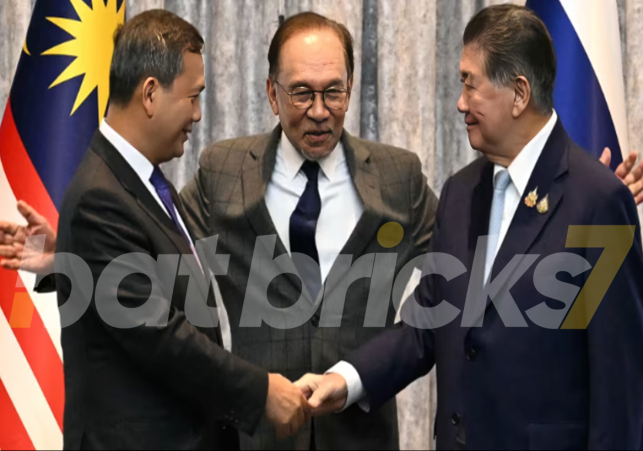
Thailand and Cambodia
Ceasefire Agreement Reached,
Thailand and Cambodia have agreed to an immediate and unconditional ceasefire, set to begin at midnight local time on July 28, 2025.
This agreement follows five days of intense fighting along their disputed border, during which heavy artillery and even air assets were used. The clashes have left at least 35–36 people dead, most of them civilians, and displaced around 300,000 people
Mediation & Oversight by ASEAN, U.S., China
The truce was brokered in Putrajaya, Malaysia, under the auspices of ASEAN chair Malaysia, with Prime Minister Anwar Ibrahim playing a central role,
Both the United States and China were involved in pushing both sides toward agreement. U.S. President Donald Trump reportedly threatened to halt trade negotiations—and suspend steep import tariffs (up to 36%)—unless hostilities ceased. Cambodia's PM Hun Manet and Thailand's Acting PM Phumtham Wechayachai thanked his "decisive" intervention
Both sides agree to discuss a ceasefire
Cambodian Prime Minister Hun Manet said earlier Sunday his country agreed to pursue an “immediate and unconditional ceasefire.” He said Trump told him that Thailand had also agreed to halt attacks following the U.S. president’s conversation with Phumtham.
Phumtham thanked Trump and qualified Thailand’s position, saying it agreed in principle to a ceasefire but stressed the need for “sincere intention” from Cambodia, the Thai Foreign Ministry said.
U.S. State Department spokesperson Tammy Bruce on Sunday said Secretary of State Marco Rubio had spoken with the foreign ministers of both Thailand and Cambodia urging them “to de-escalate tensions immediately and agree to a ceasefire.”
Her statement added that the U.S. “is prepared to facilitate future discussions in order to ensure peace and stability” between the two countries.

